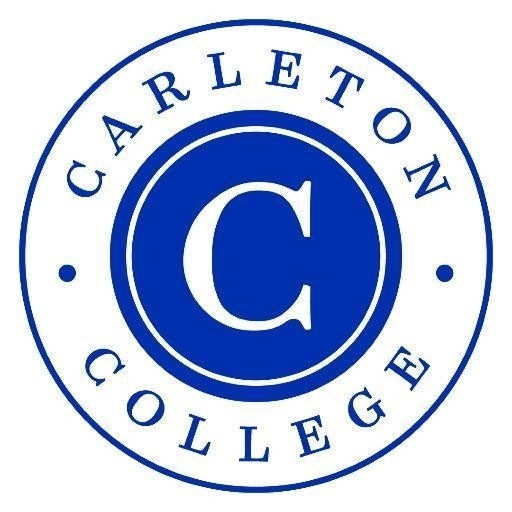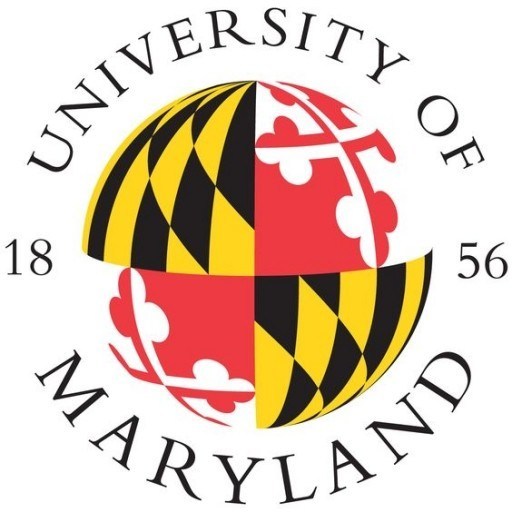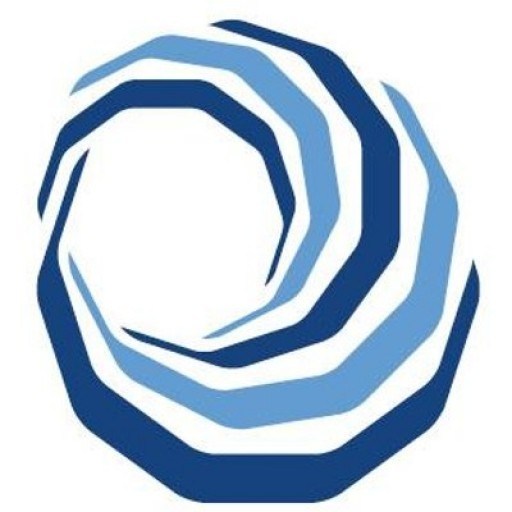Photos of university / #carletoncollege
The Linguistics program at Carleton College offers students an in-depth exploration of the scientific study of language, its structure, meaning, and use across different cultures and contexts. Designed for students interested in understanding the fundamental nature of human language, the program provides a comprehensive curriculum that covers phonetics, phonology, morphology, syntax, semantics, and pragmatics. Students will examine how languages vary and what this diversity reveals about the cognitive and social aspects of language, including language acquisition, change, and variation. The program emphasizes both theoretical approaches and empirical research methods, enabling students to analyze language data critically and develop strong research skills.
Throughout the course of study, students engage with a variety of linguistic phenomena through coursework, seminars, and hands-on research projects. The program encourages interdisciplinary connections, integrating insights from psychology, anthropology, computer science, and philosophy to enrich students’ understanding of language as a human faculty. Students have opportunities to participate in fieldwork, study language documentation, and explore topics such as bilingualism, language disorders, and the impact of technology on communication. The faculty, renowned scholars in their fields, mentor students closely and support them in developing their academic and professional pursuits in linguistics.
Additionally, the program prepares students for a diverse range of careers and further studies. Graduates often pursue advanced degrees in linguistics, cognitive science, speech pathology, or related fields, as well as careers in education, language technology, communication consulting, and more. Carleton College’s supportive academic environment, combined with its emphasis on critical thinking and research excellence, makes the Linguistics program a compelling choice for students passionate about understanding the complexities of human language and its role in society.
The Linguistics program at Carleton College offers students an in-depth exploration of the scientific study of language, encompassing various aspects such as phonetics, phonology, morphology, syntax, semantics, and pragmatics. This interdisciplinary program aims to provide students with a comprehensive understanding of how languages function structurally and socially, as well as how they are acquired and processed by the human brain. Throughout the curriculum, students will examine the diversity of world languages, analyze language change over time, and explore the mental processes underlying language use.
The program encourages critical thinking and analytical skills by engaging students in both theoretical frameworks and empirical research methods. Students will gain hands-on experience with linguistic analysis through coursework that includes fieldwork, data collection, and statistical analysis. Courses cover a wide range of topics, including the phonetic details of speech sounds, syntactic structures of different languages, and semantic theories related to meaning. Additionally, students have opportunities to study areas such as sociolinguistics, psycholinguistics, and computational linguistics, allowing them to understand the social and technological dimensions of language.
Academic advising fosters a personalized educational experience, guiding students to tailor their coursework to their interests and career aspirations. The program also emphasizes the importance of research and participation in linguistic communities through workshops, conferences, and collaboration with faculty on ongoing projects. Graduates of the program are well-prepared for careers in language education, linguistic research, technology, and communication industries, or for further graduate study in linguistics, cognitive science, speech-language pathology, or related fields.
By completing this program, students will develop a deep appreciation for the complexity and beauty of human language, along with valuable skills in data analysis, critical thinking, and intercultural communication. The Carleton College Linguistics program is committed to fostering a stimulating intellectual environment that promotes curiosity and innovation in understanding one of humanity’s most distinctive traits—language.
Program requirements for Linguistics at Carleton College typically include core courses in the fundamentals of linguistics, such as Introduction to Linguistics, Phonetics, Phonology, Morphology, Syntax, and Semantics. Students are often encouraged to take courses in related fields like Anthropology, Psychology, or Computer Science to enrich their understanding of language in context. Advanced courses may cover topics like Psycholinguistics, Sociolinguistics, Historical Linguistics, and Language and Culture. A capstone project or thesis is usually part of the program, requiring students to conduct independent research and demonstrate comprehensive knowledge of a selected area within linguistics. Language proficiency requirements may include studying a foreign language or undertaking language analysis coursework. Practical experience through internships or fieldwork can be recommended or required for applications to graduate programs or careers in the field. The program emphasizes analytical skills, critical thinking, and empirical methods. Participation in seminars, workshops, and research projects is encouraged to foster active engagement with current linguistic research. Students are advised to consult the college catalog and academic advisors to tailor their coursework to their specific interests and career goals. Overall, the curriculum is designed to provide a balanced combination of theoretical foundation and practical application, preparing students for graduate study, research positions, or careers that involve language analysis, teaching, or technology.
Want to improve your English level for admission?
Prepare for the program requirements with English Online by the British Council.
- ✔️ Flexible study schedule
- ✔️ Experienced teachers
- ✔️ Certificate upon completion
📘 Recommended for students with an IELTS level of 6.0 or below.
The Linguistics program at Carleton College offers a range of financing opportunities to support students throughout their academic journey. Undergraduate students enrolled in the program have access to various forms of financial aid, including institutional scholarships, grants, work-study programs, and private funding sources. Carleton College is committed to making education accessible and affordable, and as such, provides comprehensive financial aid packages that often cover a significant portion of tuition and associated costs.
Financial aid at Carleton is primarily need-based, determined through a thorough review of each applicant's financial circumstances. The college considers factors such as family income, assets, and overall financial situation when awarding aid. Students are encouraged to complete the Free Application for Federal Student Aid (FAFSA) and the College Scholarship Service (CSS) Profile to determine their eligibility for aid programs. Once accepted, students may receive grants that do not require repayment, reducing the overall financial burden of their education.
In addition to need-based aid, there are merit-based scholarships awarded based on academic achievement, leadership, and extracurricular involvement. These scholarships are competitive and may be renewable for subsequent years, provided the recipient maintains satisfactory academic progress. Carleton College also offers external scholarship opportunities and private grants that students can apply for to supplement their funding.
The college has a robust work-study program that allows students to work on campus part-time while studying, earning money to offset educational expenses. These positions are typically related to the student’s interests and field of study, providing valuable experience in addition to financial support. Furthermore, Carleton provides resources and advising to help students navigate the financial aid process, including workshops, individual counseling, and detailed information on applying for external funding sources.
For international students enrolled in the Linguistics program, the college offers limited scholarship opportunities and encourages applicants to seek external funding. International students are also eligible for need-based aid, contingent upon demonstrated financial need and the completion of required documentation.
Overall, Carleton College’s financial aid policies prioritize affordability and support for all students, ensuring that the opportunity to study Linguistics is accessible regardless of financial background. The college’s commitment to diversity and inclusion is reflected in its generous aid offerings, aiming to cultivate a vibrant academic community where students can focus on their studies without undue financial concern.
Linguistics at Carleton College offers a comprehensive exploration of language structure, usage, and cognition. The program provides students with a foundational understanding of the core areas of linguistics, including phonetics, phonology, morphology, syntax, semantics, and pragmatics. Through a combination of rigorous coursework and research opportunities, students gain insight into how languages function and change over time, as well as how humans acquire and process language. The curriculum emphasizes critical thinking and analytical skills, preparing students for diverse careers or advanced study in fields such as speech pathology, computational linguistics, language teaching, and cognitive science. Students are encouraged to engage in independent research projects, participate in seminars, and explore different languages and linguistic phenomena. Carleton's linguistics program also integrates interdisciplinary approaches, connecting linguistic theory with cognitive science, anthropology, psychology, and computer science to foster a holistic understanding of language. The department provides an inclusive environment that values diversity in language and thought, supporting students from varied backgrounds. Opportunities for study abroad and internships further enhance the educational experience, allowing students to apply their knowledge in real-world contexts. The program aims to produce graduates who are skilled in analytical reasoning, effective communication, and cross-cultural understanding, equipping them for success in an increasingly interconnected world.







